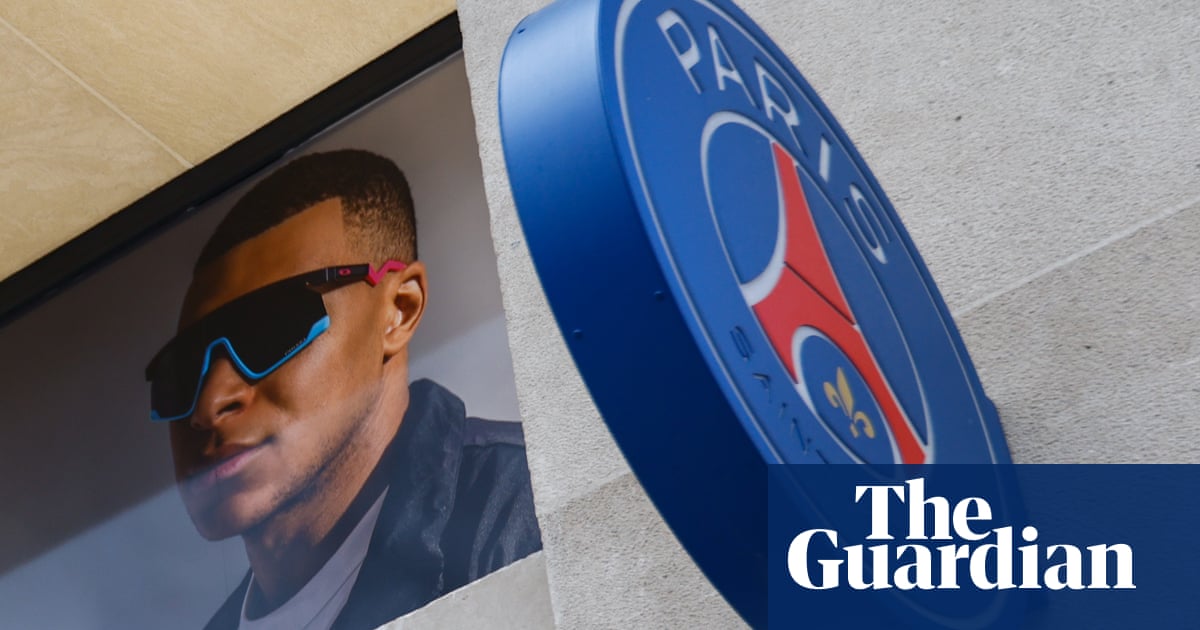
The owner of Australia’s most expensive goat has described his new acquisition as a “very stylish buck”.
Andrew Mosely knew he would have to break the $12,000 Australian record to buy Marrakesh, a goat that went on sale in the western New South Wales town of Cobar on Wednesday. But he did not expect he would have to pay almost double that, forking out $21,000 to see off another keen bidder at auction.
“He’s a very stylish buck, very well put together,” Mosely said. “Nice and free in his movement ... not too big, but he’s got that early growth, muscle and fat cover.”
The previous record was reportedly held by Brock, a buck who sold last month. Mosely has previously been the owner of Australia’s most expensive goat when he forked out $9,000 at the same sales last year for another buck.
Mosely grew up in western NSW, where he used to herd wild goats and sell them for $5 as a boy.
He said the fact there are far fewer wild goats left partially explained why goats like Marrakesh are so expensive – farmers are now reliant on breeding high-quality herds of their own to satisfy the demand for goat meat.
“Wild harvest goat numbers are under pressure,” he said. “They’re not going to come back. People harvested heavily over the past five years so, to meet the orders for goat meat, we need to run them in semi-managed or fully managed properties.”
Marrakesh was bred at the Rangeland Red Stud near Goodooga, not far from the Queensland border. He was lot 17 at the Cobar sale and described as a “high growth early maturing buck” with one of the “bigger” frames.
Sign up to receive an email with the top stories from Guardian Australia every morning
But biggest isn’t always best, Mosely said. What appealed about Marrakesh was that he looked in prime condition, large enough to show his superior breeding and potential to sire other quality goats, but not so well fed that he wouldn’t cope with the sometimes harsh conditions in western NSW. As Mosely said, he will not have a bucket of feed at his feet.
“He’s bred in western-type country, which is important.”
Andrew’s wife, Megan, posted on the Facebook page for their property Etiwanda – which is about 80km south of Cobar and mostly used to farm sheep and cattle – that goats had “been tremendously good to us over the years”.
“They have paid for (among many other things!) Andrews Uni degree, his first car, my engagement & wedding rings and school fees.
“Marrakesh will be out with his does this afternoon … go forth & multiply Marrakesh!”












